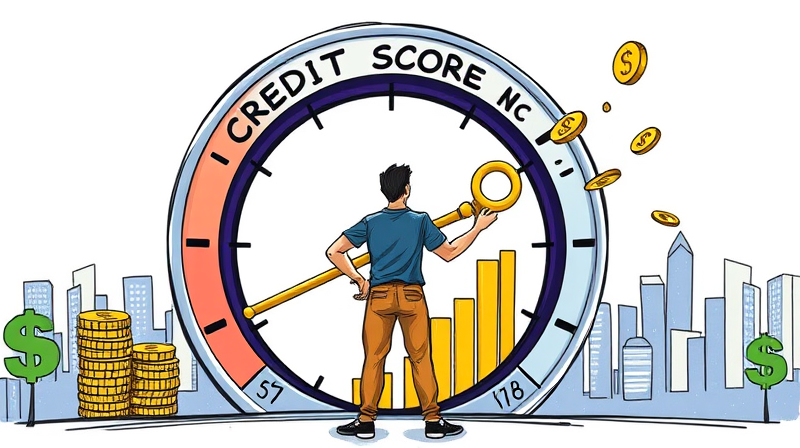
Your credit score can feel like an enigma, yet it holds the power to shape your financial destiny. With the right knowledge and consistent effort, you can transform that three-digit number into a gateway for lower interest rates, easier loan approvals, and broader possibilities.
A credit score is a three-digit value ranging from 300 to 850 that reflects your likelihood to repay borrowed money. Lenders, landlords, insurers, and even employers often rely on this metric to assess risk.
Two major models dominate the market: FICO and VantageScore. Each calculates your score from similar information—payment history, amounts owed, credit age, new accounts, and credit mix—but assigns slightly different weights.
Scores generally fall into five categories:
A higher score signals to lenders that you are a lower-risk borrower, unlocking more favorable interest rates and loan terms.
The FICO scoring model breaks down your credit profile into five distinct factors. Understanding these can help you prioritize efforts and see where to focus your energy.
Payment history is vital because it demonstrates your record of on-time versus late or missed payments. Similarly, credit utilization reflects your outstanding balances relative to credit limits; experts recommend staying below 30% utilization for optimal results.
While FICO remains the industry standard, VantageScore 3.0 and 4.0 have gained traction by offering free consumer scores and similar predictive power. Both models share core categories—payment history, depth of credit, utilization—but may differ slightly in weightings for balances or recent credit behavior.
Identifying pitfalls is the first step toward improvement. Many people inadvertently harm their scores by:
Improving your score requires both short-term tactics and long-term discipline. Below are key actions you can implement today and refine over time:
Consistency is the secret sauce. Small, positive steps—like paying a few days early or shaving down balances—compound over time into significant gains.
While working toward a higher credit score, steer clear of actions that can backfire:
Elevating your credit score has immediate and far-reaching advantages:
In the short term, you’ll enjoy lower interest rates on mortgages, auto loans, and credit cards, saving hundreds or thousands in finance charges.
Over the long haul, you’ll gain negotiating power, higher approval odds for rentals and utilities without hefty security deposits, and even preferable insurance premiums. Some employers and landlords view credit scores as a proxy for reliability, so a strong score can unlock new professional and personal opportunities.
Your credit score is not a static label—it’s a dynamic, manageable reflection of your financial behavior. By focusing on your payment history, keeping your balances in check, maintaining older accounts, and monitoring your file, you set the stage for continuous improvement.
Remember, progress often appears gradual. Celebrate incremental victories—each point gained represents reduced risk and broader possibilities. With persistence, the secrets of the credit score become tools for unlocking a future filled with financial flexibility and peace of mind.
References













